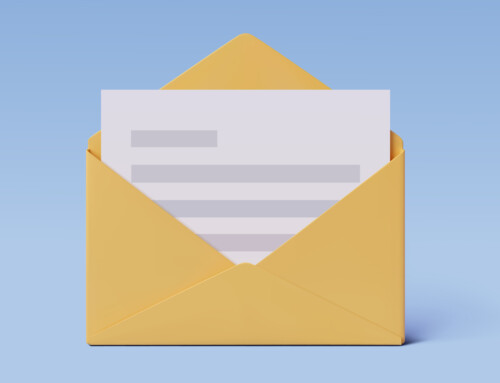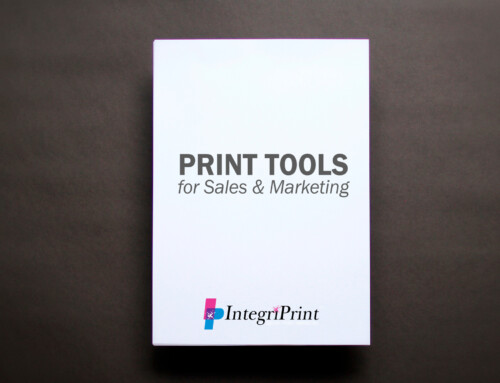You’ve crafted a powerful B2B direct mail campaign with an email follow-up. The design is terrific. The call to action is vital. Success! A high percentage of respondents contact you for more information.
You pass the leads to your sales team, and they follow up. However, several weeks later, you look at the conversion rate and are disappointed. What happened?
Keep the Excitement Brewing
One culprit could be timing. Your direct mail piece came in hot, and recipients got excited. But if there was a delay in the salesperson’s response (they were on vacation, out sick, or buried under other leads), that excitement can die off. The memory of that excitement fades as time passes, and the urgency prospects once felt dwindles.
What is the optimal window for following up on a lead? Ideally, within 24 hours. After that, the contact starts to feel that they aren’t necessary and are more likely to move on.
What if your salespeople cannot follow up right away? There are a few things you can do.
Set up automated responses: Set up an automated response system to acknowledge the prospect’s inquiry and inform them that their message has been received. If possible, include an estimated timeline for when they can expect a personal response.
Assign a backup: Have a backup salesperson or team member who can follow up if the primary salesperson is unavailable.
Schedule a follow-up: If the delay is unavoidable, schedule a follow-up call or email for a specific date and time.
Use automated information to fill in the gaps: In the initial automated response, include links to resources that may be helpful to the prospect while they wait. Give them something to keep them interested until you can get back to them.
Your marketing communications have done their job. Now, it’s time to follow up promptly. While it’s not always possible to do so within the ideal window, you can communicate transparently with the prospect and ensure they feel valued and informed throughout the process.






